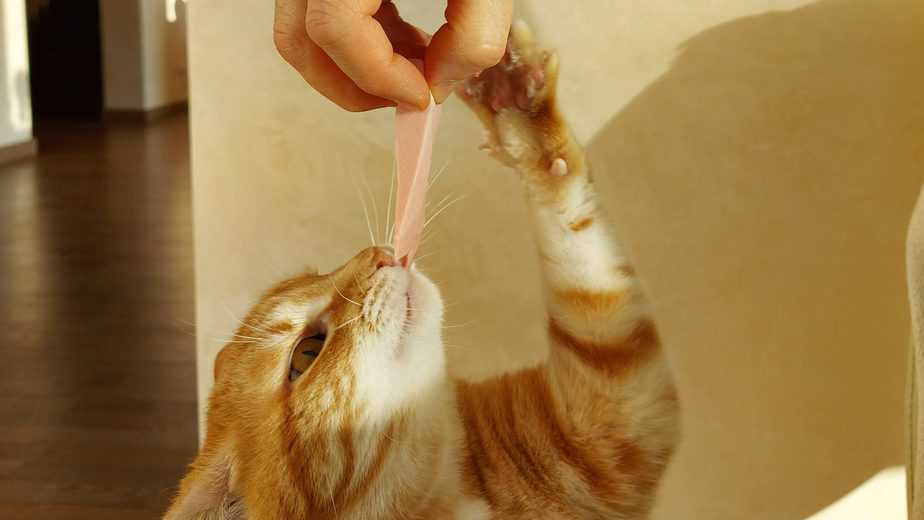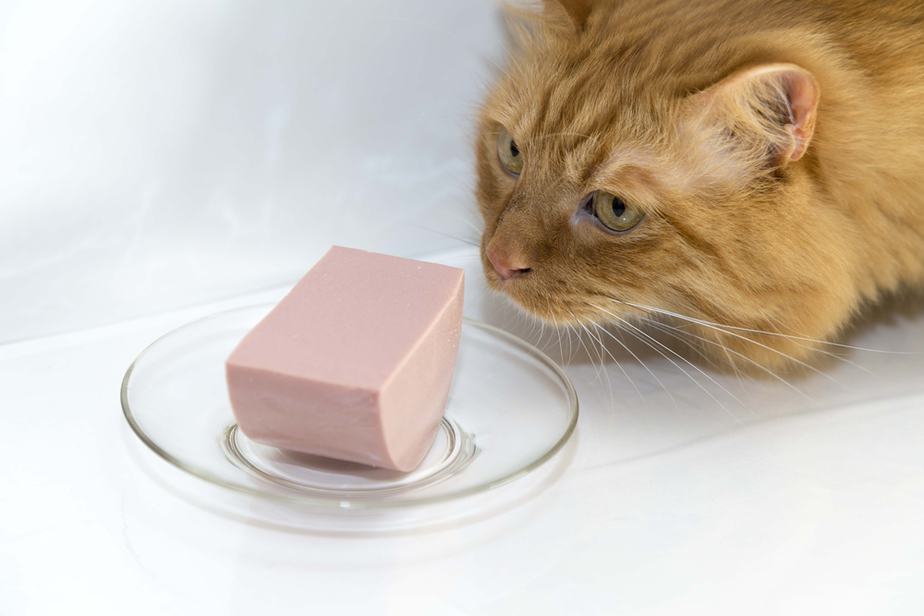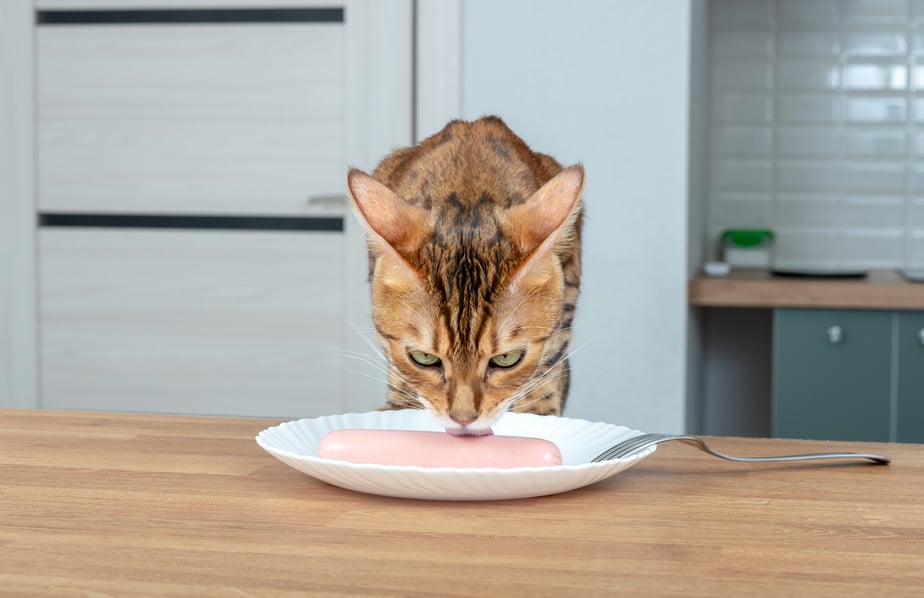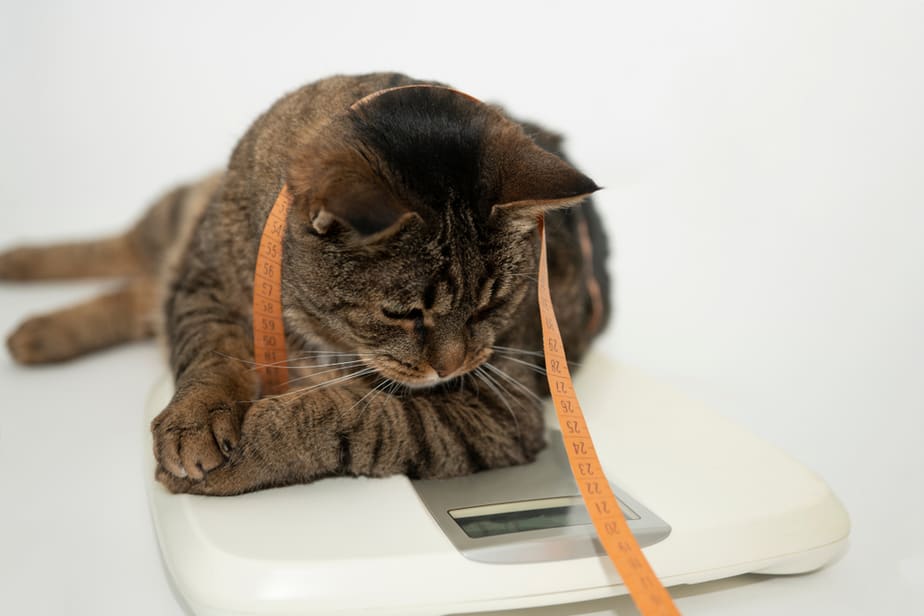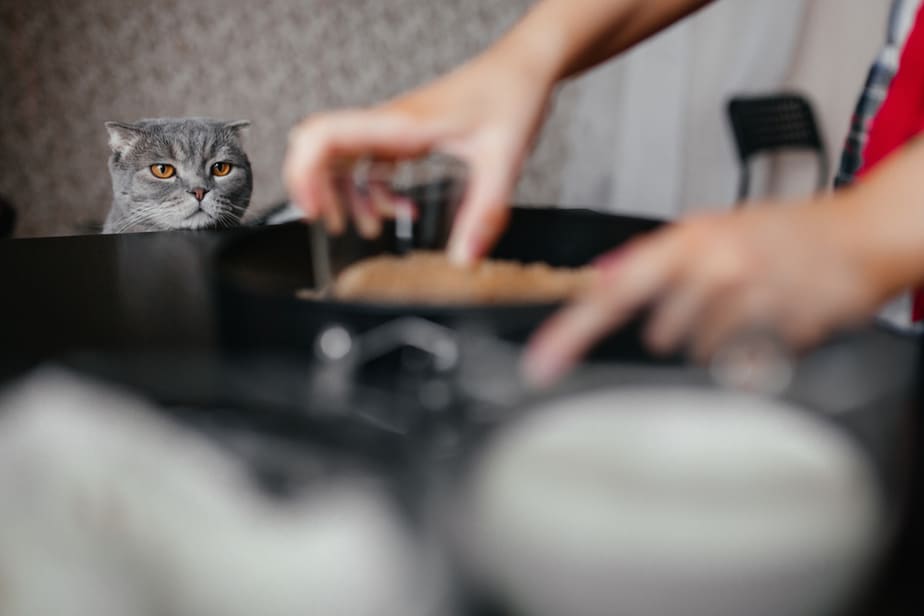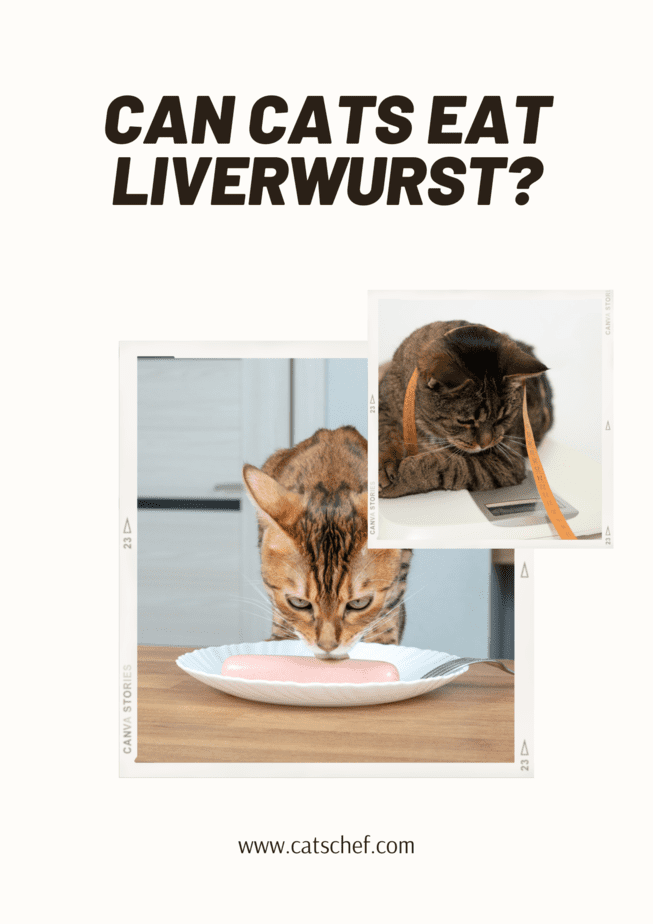📖 Table of Content:
We all know cats love meat, but can cats eat liverwurst? This liver sausage is a great delicacy in many cuisines, so what could stop your feline from eating it?
Liverwurst isn’t dangerous for cats, but it’s still not the best choice of food.
Cats are carnivores and they require a meat-based diet. This is why you will catch her spying on your liver sausage from the corner of the kitchen. Although liverwurst is a type of meat, it doesn’t mean it can become a staple in your cat’s diet.
Can cats eat liverwurst safely?
The flesh in these sausages has been thoroughly processed, with only a minimal quantity of meat remaining. Liverwurst doesn’t have the required nutrients, so you shouldn’t feed your cat with it.
By the time the process is complete, most health supplements have usually been destroyed. These liver sausages have little nutritional value and include substances that are harmful to your cat.
In moderate amounts, it’s unlikely that liverwurst will hurt your feline. But for the sake of your sanity and your cat’s health, maybe it’s best to opt for some cat-appropriate treats instead.
Health benefits of cats eating liverwurst
Although there aren’t many, certain health supplements can be found in this meat. If you’re wondering whether or not cats can eat liverwurst, these benefits may put you at ease. Liverwurst is a source of vitamins, such as vitamin A, thiamine, vitamin C, niacin, and others.
Protein-dense food
The good news is that liverwurst is an excellent source of protein. Felines require a daily supply of protein and must consume it on a regular basis. It benefits carnivores in a variety of ways, such as fueling their immunity, as well as maintaining their neurological system.
Protein is essentially responsible for your cat’s overall health and wellbeing. If your cat doesn’t eat enough protein, she’ll lose weight and muscle mass, and become weak. Being a carnivore, she’s designed to digest animal-derived proteins better than their plant counterparts.
Vitamins found in liverwurst
Vitamin A is essential for cats’ health. This vitamin deficit might cause vision issues – and you don’t want that for a nocturnal creature! Vitamin A can help your feline see better and possibly avoid some vision problems.
Furthermore, B vitamins such as thiamine and niacin are crucial for your pet’s digestive and neurological health. They also help with cognitive function, as well as reduce the risk of anemia and appetite loss. If your pet is suffering from digestive issues, she’s most likely suffering from a vitamin B deficiency.
Then, of course, vitamin C is a powerful immune system enhancer. It also aids tissue growth and the production of collagen, which is required for healthy bones, skin, and hair.
Minerals
Apart from vitamins, liverwurst can be a good source of minerals. However, this doesn’t mean it should be the primary source of health supplements for your cat. Liverwurst contains certain minerals like iron, zinc, phosphorus, and potassium.
Red blood cells are formed with the help of iron. As a result, it can help avoid anemia (iron deficiency). If your cat isn’t acting like herself, her diet is probably lacking in iron. The most typical symptoms to watch out for are fatigue and weakness.
Potassium has a number of health benefits. It plays a role in muscular contractions, heart activity, and fluid homeostasis, among other things. Potassium keeps fluid levels in cells at a normal level.
Disadvantages of cats eating liverwurst
Pork, which is commonly used to make liverwurst, isn’t generally safe for cats. Pork is heavy in fat and, as a result, poses a health risk to your cat. And while beef and chicken sausage contain less fat, they are essentially useless to cats because they are still highly processed.
Unhealthy fats
You’re probably wondering can cats eat liverwurst due to the high level of fats?
Unfortunately, the fats in liverwurst aren’t the healthiest choice for your cat, as they are mostly saturated fats. This is a form of dietary fat that is associated with elevated cholesterol.
High cholesterol levels in your cat’s blood can lead to heart disease and stroke. Fatigue, shortness of breath, and nausea are some of the signs that your pet may be suffering from this condition.
Liver sausages are packed with salt
Sausages contain a large amount of sodium – or, as we all know it, salt. This is harmful to your cat since it could induce salt poisoning (sodium toxicity).
Symptoms of salt poisoning range from mild to life-threatening, including vomiting, diarrhea, and, in extreme cases, tremors and seizures. Keep this in mind the next time you want to feed your pet some liverwurst.
Can cats eat liverwurst because of calories?
The answer to this question is a bit more complicated than a simple yes or no. Moderated intake shouldn’t be a problem, but excessive amounts could be a reason for concern.
Apart from the high-fat content, the amount of calories in the liver sausage is a concern to felines. If you’re trying to control your cat’s weight, this calorie-dense snack is not the ideal choice.
If it weren’t for the tension on her joints, this wouldn’t be a problem. Jumping, climbing, sprinting, and playing are more difficult for overweight cats to enjoy.
This may break your cat’s spirit, as well as cause medical problems. Obesity puts cats at risk of not only joint problems, but also heart disease.
What about seasonings?
Liverwurst often contains black pepper and garlic powder. These aren’t considered safe ingredients for felines to consume and can even be poisonous. If you wonder whether cats can eat liverwurst because of these spices, it’s best that she stays away from it.
In little amounts, black pepper hasn’t been proven to be harmful to cats, but greater levels are cause for concern. Cats can eat little amounts of black pepper, which is available in several meals like liverwurst and vienna sausage, but it isn’t recommended.
When it comes to garlic and onion powder, however, these are major red lights. Garlic is extremely toxic to felines and even a small amount can be fatal. It’s available in a variety of forms, including raw, dried, and powdered, due to its widespread use.
Both garlic and onions are harmful to your pet (onion being the lesser evil), whether they are ingested or inhaled. Garlic poisoning can cause nausea, vomiting, and diarrhea, as well as breathing difficulties.
Other members of the Allium family, such as leeks and chives, are also harmful to cats. Because garlic is typically an ingredient in liverwurst, it’s best to reserve this sausage for your plate only.
Preservatives found in liver sausages
Sulfites are preservatives used in foods and beverages to prevent browning and discoloration during preparation, storage, and distribution. In other words, they are incorporated to prolong the product’s shelf life.
Preservatives are also added to enhance flavor and texture. These are not healthy for cats in any way, so make sure you feed as little as possible if you must.
How to prepare liver for your cat
Cooking meat makes it easier to chew and digest because the fibers and connective tissues are broken down. Raw meat isn’t suggested in any way for domesticated cats, as it poses a risk of pathogens such as salmonella and E. coli.
Your cat will be protected from hazardous parasites and bacteria present in raw meat if you prepare it properly. Although a few bites of raw, uncooked meat or liverwurst are unlikely to harm your cat, it’s better to be safe than sorry.
Also, make sure you avoid any seasonings or spices as these can be detrimental to your cat’s health. Felines are simple creatures, they require certain things and avoid others. For example, black pepper that’s found in these liver sausages or bologna can be quite repelling to cats because of its strong scent.
Final words
To conclude, cats can eat liverwurst in strict moderation, but really shouldn’t. Liverwurst isn’t poisonous to felines, but some of the ingredients could be.
Garlic, onions, and sodium are all reasons for concern and if ingested, especially in large quantities, can be fatal. Apart from that, liver sausage is a highly processed meat, which means a lot of its nutritional value is lost.
If your cat isn’t getting the health benefits of these foods, why risk it? A proper meaty snack for your feline consists of cooked, unseasoned meat. Or just stick with her usual wet food and kibbles.
Read more: Can Cats Eat Meatballs? Dangerous Or Not?
